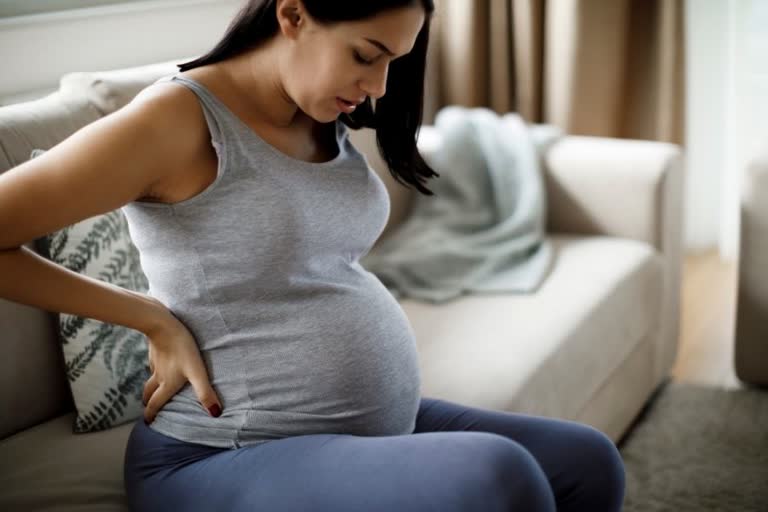Researchers at Michigan Medicine surveyed more than 100 pregnant patients with stretch marks who were considering delivery at Von Voigtlander Women’s hospital. Nearly 75% of the participants reported having moderately or prominently noticeable stretch marks, and more than one-third reported “a lot” or “moderate” embarrassment related to the lesions.
“Women were very concerned about the permanency of lesions, which are often met with negative feelings and self-consciousness,” said Frank Wang, M.D., senior author of the paper and William B. Taylor Endowed Professor of Clinical Dermatology at Michigan Medicine. “The women who reported feeling embarrassed were also more likely to report the lesions impacting other parts of their lives like social activities, self-esteem and clothing choice.”
Wang started studying striae gravidarum, or stretch marks of pregnancy, around 15 years ago. He and his team have searched for the molecular mechanisms that cause the lesions, finding they display substantial changes in collagen and elastic fibers, components of the skin that are responsible for strength and elasticity.
For reasons his team is still investigating, these skin components are damaged and never fully reform, leading to permanent lesions. This unsolved problem was a chief concern reported by 75% of the c surveyed for the paper published in the International Journal of Women’s Dermatology.
“While there are some ways to reduce intense redness or texture of stretch marks, there is very little scientific evidence that any intervention completely prevents or treats lesions,” Wang said. “None of these interventions fully erase stretch marks, and they can get very expensive.”
